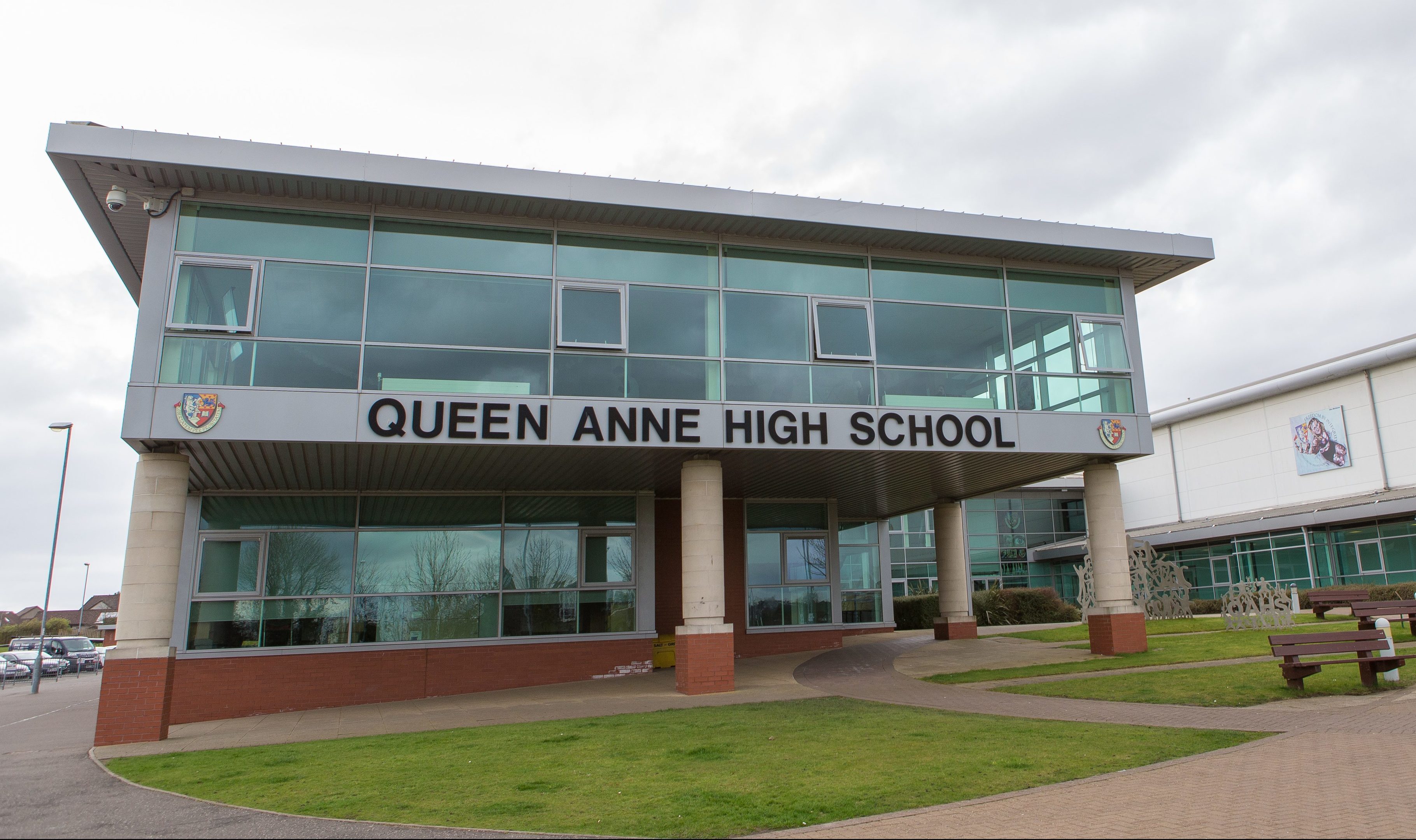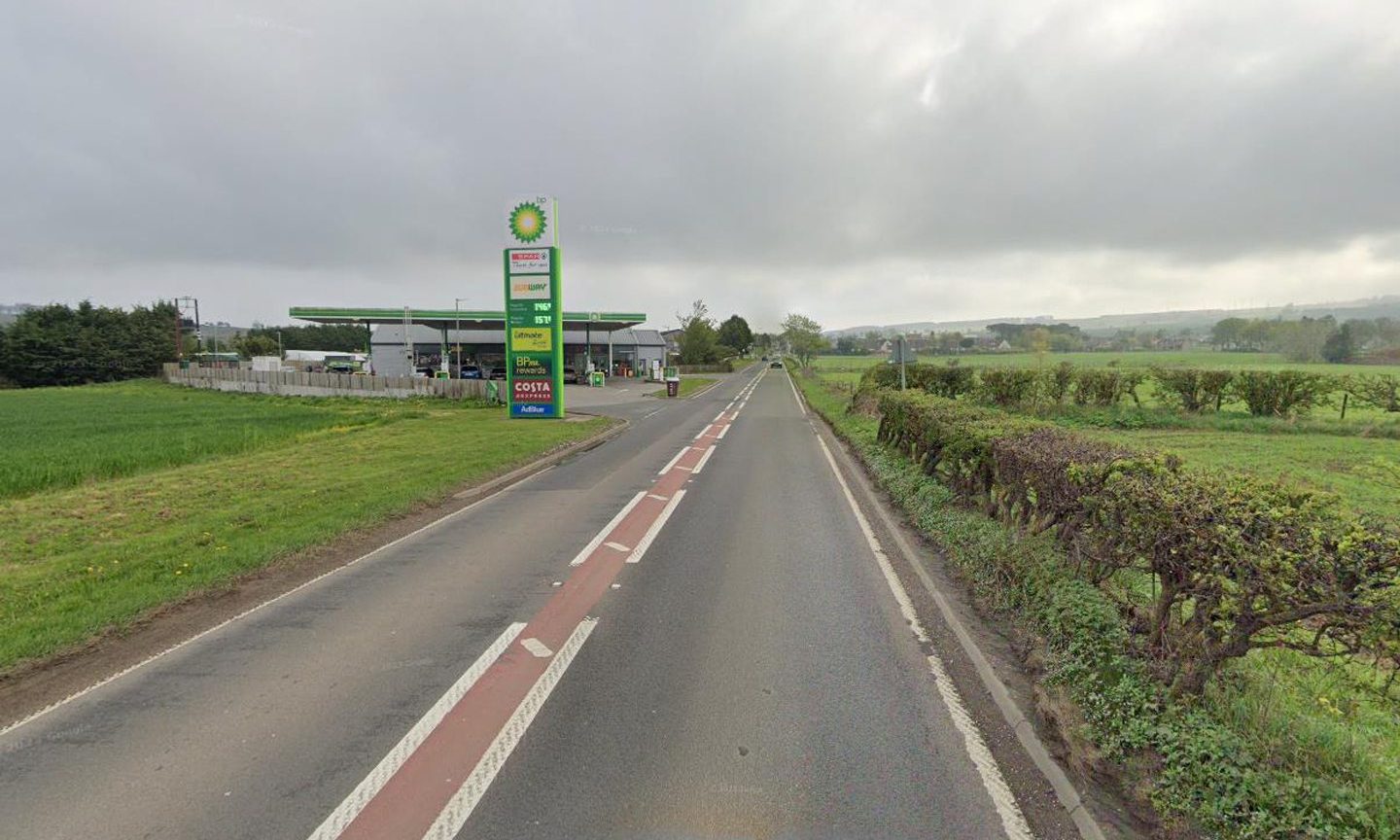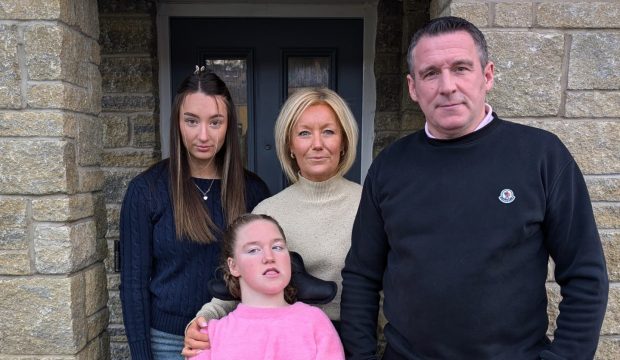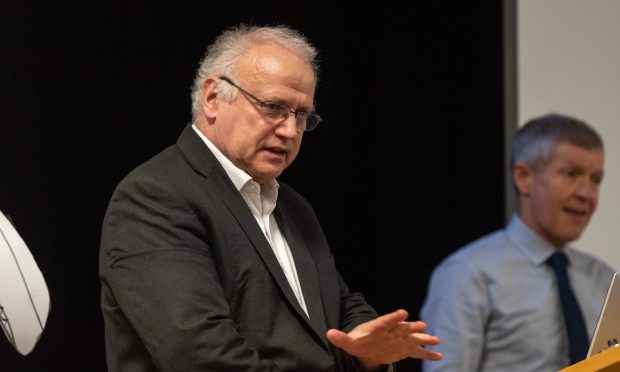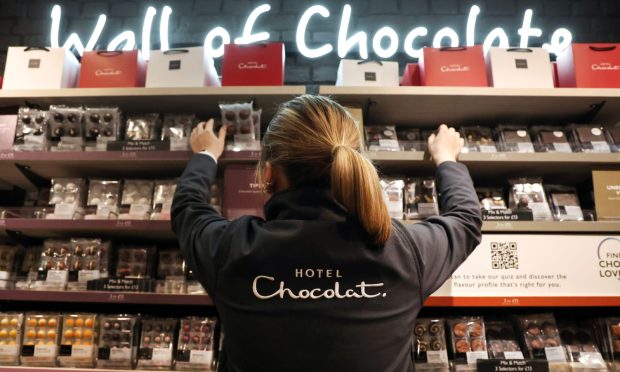A controversial review of high school catchment areas affecting thousands of children in Dunfermline and west Fife remains up in the air after councillors decided the plans should not go out to public consultation in their current form.
Members of Fife’s education and children’s services committee voted not to approve a statutory consultation on the proposed rezoning of the existing catchment areas of Dunfermline, Inverkeithing, Queen Anne and Woodmill high schools – instead suggesting that officers should go back and re-engage with the public.
Committee convener Councillor Fay Sinclair said the decision showed that Fife Council wanted to take the time to find the “right solution” to major capacity issues mainly caused by the house building boom in the area.
However, the shock move to effectively pause the process will almost certainly mean that around 50 youngsters expecting to start Woodmill High School next summer will now be denied that chance.
Education officials had warned councillors about the risk of any delay to the consultation, reiterating their long-held concern that the projected school roll of Woodmill High is expected to exceed capacity by August 2018.
Following the decision, they now face a race against time to re-engage with the public after the holidays and draw up a new consultation proposal which will have to go back to committee for approval.
“It’s always going to be such a controversial issue but we all feel we want to get it right,” Ms Sinclair commented.
The motion to go back and re-engage with the public was lodged by Liberal Democrat councillor Tim Brett, seconded by Ms Sinclair.
“Parents and the public don’t like to be given one option,” he said. “It seems like a ‘take it or leave it’, which doesn’t go down well.
“I recognise the difficulties but even if we end up with a proposal similar to what we’ve got now, to take another month to properly engage with the public has to be the best way forward.”
Warning against any delay with the consultation, Shelagh McLean, head of education and children’s services, said re-engagement was possible, but stressed that the slippage in timescale would mean that any consultation process was unlikely to be completed by January – when enrolment for the 2018/19 takes place.
“That would leave us in a position where we would be advising catchment children for Woodmill that there is not a place at the school for them and we would need to identify suitable alternative provision at one of the other secondary schools,” she added.
“There would obviously be cost implications with that in terms of travel etc but we would work with each individual to identify what the most appropriate solution was.”
The current proposals had prompted concerns from parents and carers worried about a range of issues, such as whether siblings would have to attend different schools, fears about free transport entitlement and the prospect of pupils not being able to attend secondary schools with their peers due to split catchment areas.
The biggest bone of contention surrounded Masterton Primary in Dunfermline, which had been earmarked for rezoning within the Inverkeithing High catchment.
Newly-elected Conservative councillor Tony Miklinski had argued that the proposed consultation paper should have been agreed to start the process, but suggested it should also include an exhaustive list of the other options that were on the table – complete with why officers had decided to discount them.
“We’re going back to square one and the risk is a time risk,” he stressed.
“I’m conscious that we might be blamed by 50-plus families not having their preferred choice, and I think we’re going to end up with something like we’ve already got.
“Is it not better to stick with what we’ve got but walk people through each of the proposals and their strengths and weaknesses?”
However, Dunfermline councillor Ian Ferguson suggested the previous engagement process had been flawed, citing the decision to close Pitcorthie Primary School as to why the community had “no trust” in public consultations.
“We need to properly re-engage and we need to trust the public,” he concluded.
“We’ve got to get the decision right now – we can’t come back in two or three years.”
